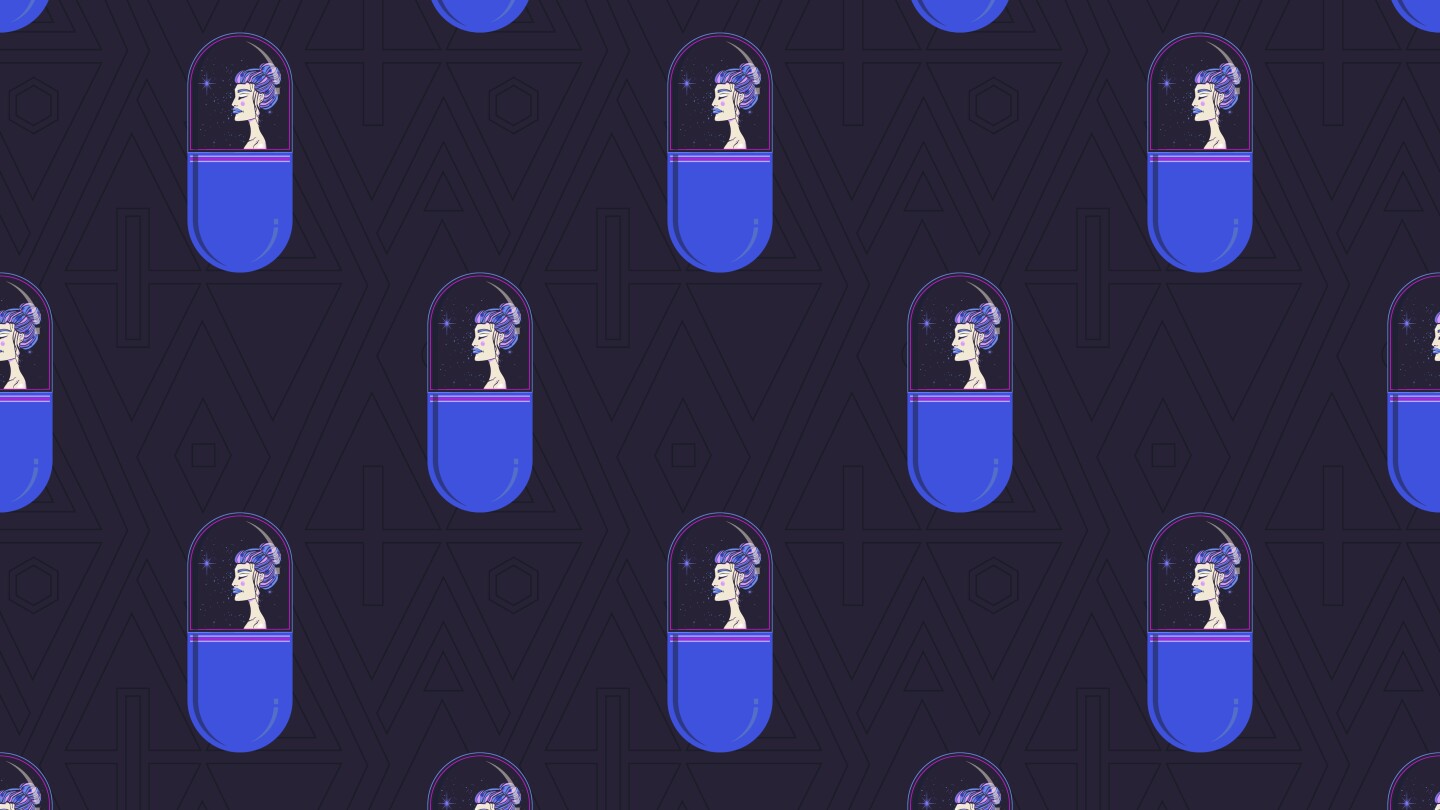Depression
The major depressive disorder failure for BHV-7000 is the drug’s second, after Biohaven’s spinocerebellar ataxia treatment troriluzole was rejected by the FDA in November 2025.
Coming up in the back half of December, the FDA will issue a verdict on Vanda Pharmaceuticals’ gastroparesis drug tradipitant, which it rejected last September, triggering a very public dispute with the company.
The R&D pipeline for depression therapies faced a demoralizing 2025 as five high-profile candidates, including KOR antagonists by Johnson & Johnson and Neumora Therapeutics, flunked late-stage clinical trials, underscoring the persistent challenges of CNS drug development.
The mid-stage failure was unexpected to analysts at BMO Capital Markets, who viewed ‘770 as mostly derisked given its similar mechanism of action to Johnson & Johnson’s Spravato.
With AbbVie’s $1.2 billion acquisition of Gilgamesh Pharmaceuticals’ lead depression drug, the psychedelic therapeutics space has soundly rebounded from Lykos’ rejection last year. There are now seven programs in Phase III trials across the sector, with multiple companies vying for that first approval.
New FDA expert panels, such as recent meetings on SSRI use during pregnancy and on hormone replacement therapy during menopause, are drawing criticism for being one-sided. One leader says such panels are designed to reach a specific conclusion.
Rick Doblin, the founder of the Multidisciplinary Association for Psychedelic Studies, which founded Lykos, bemoaned a “moving of the goal posts” in Lykos’ rejection but looked for positives in the newly released complete response letter.
The deal extends AbbVie’s commitment to the psychedelics space and depression, after emraclidine’s high-profile flop in schizophrenia last November.
Sarepta Therapeutics faces serious FDA action after news broke of a third patient death, the FDA gets a new top drug regulator in George Tidmarsh, a handful of new drugs get turned away from the market and pharma companies continue to commit billions to reshoring manufacturing.
FDA reviewers flag “discordant results” in a briefing document published ahead of Friday’s advisory committee meeting for the partners’ application for the antipsychotic in post-traumatic stress disorder.
PRESS RELEASES










